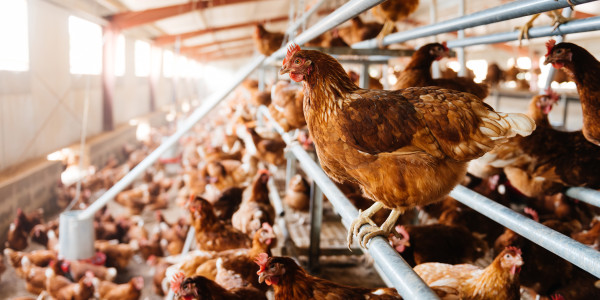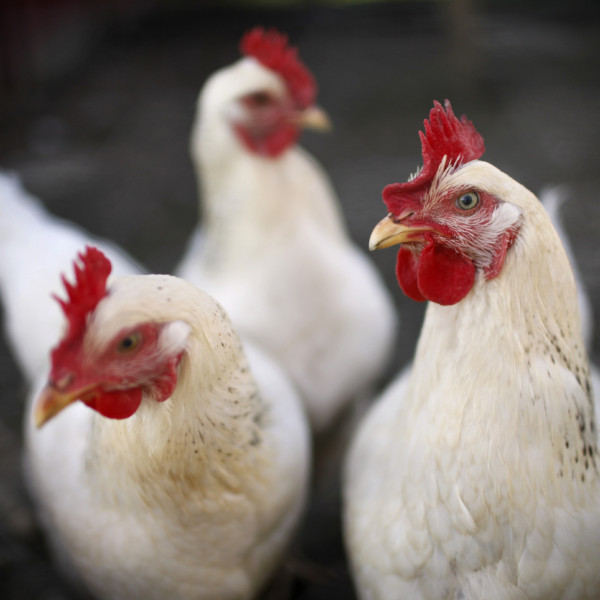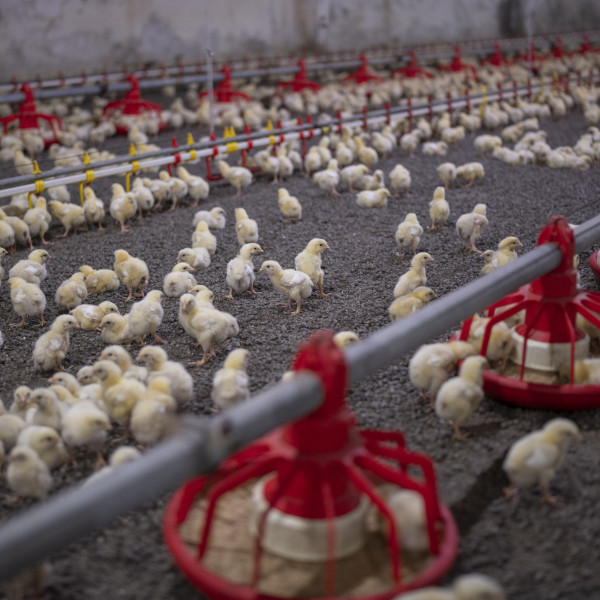
Effects of replacing corn with U.S. grain sorghum in laying hen diets
Project Summary:
Project: Effects of Replacing Corn with U.S. Grain Sorghum in Laying Hen Diet on Their Performance, Health, Behavior and Welfare
Project Sponsor: United Sorghum Checkoff Program
This project investigated the effects of replacing corn with U.S. grain sorghum (50% inclusion) in the diet of laying hens on their performance, health, behavior and welfare. The study was conducted at Clemson University over a two-year period (2021-2023). The long-term goal of the study is to support the sustainability of the grain sorghum market through expanding feed sources for the poultry industry, particularly in value-added markets such as those for organic and G.M. free products. The study supports the poultry industry’s sustainability by enhancing the marketing opportunities for grain sorghum varieties by better understanding the nutritional and economic benefits for use and possible impacts in egg production enterprises.
The research focused on the following primary objectives:
- Determine the impact of partial replacement of corn with modern sorghum varieties (high and low protein sorghum), either with or without supplementation of commercial canthaxanthin-like substance on pullet (0-17 weeks of age) health and productivity.
- Determine the impact of partial replacement of corn with modern sorghum varieties (high and low protein sorghum), either with or without supplementation of commercial canthaxanthin-like substance, on laying hens (18 – 40 weeks of age) health and productivity.
- Determine the economic impact of pullets and laying hens fed selected modern varieties (low protein and high protein U.S. No. 2 yellow) of grain sorghum compared to a standard corn-based diet.
Key Findings:
- Performance: Replacing corn with U.S. grain sorghum did not significantly affect body weight, weight gain, feed intake or egg production.
- Egg Quality: U.S. grain sorghum diets (HS and LS) with or without pigment improved egg quality by increasing albumen weight and Haugh unit (a measure of freshness). Yolk color was improved with canthaxanthin supplementation in all groups.
- Health: U.S. grain sorghum diets with or without canthaxanthin increased blood antioxidant capacity and blood protein levels compared to the corn-based diet. No significant differences were observed in blood sugar, calcium or other health markers.
- Bone Health: Hens fed U.S. grain sorghum diets (HS and LS) had higher bone mineral density and strength compared to those fed the corn-based diet.
- Behavior and Activity: Replacing corn with U.S. grain sorghum did not significantly impact the hens’ behavior or activity levels.
This study suggests that partially replacing corn with U.S. grain sorghum in laying hen diets (50% inclusion) is a viable option without compromising performance, health, behavior or welfare. U.S. grain sorghum diets may even offer some benefits for bone health and egg quality (albumen weight and freshness). However, supplementation with canthaxanthin may be needed to maintain optimal yolk color.



